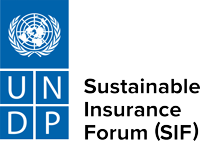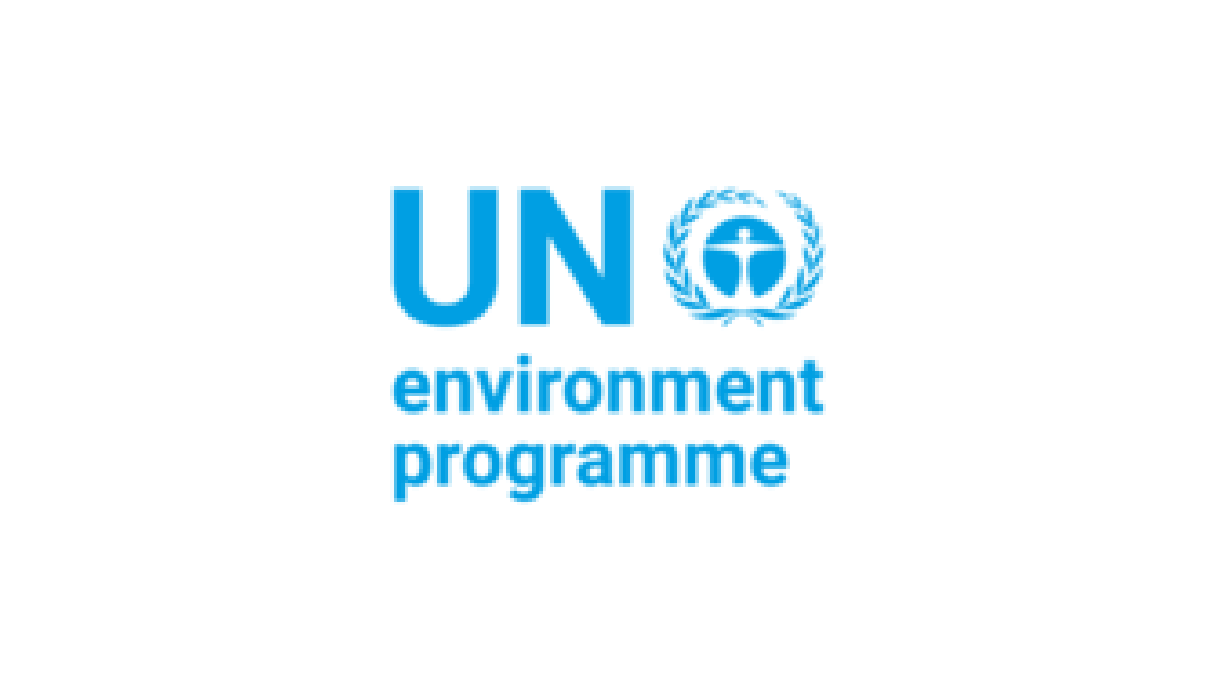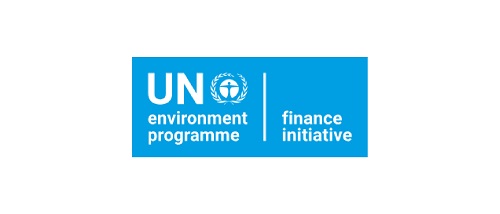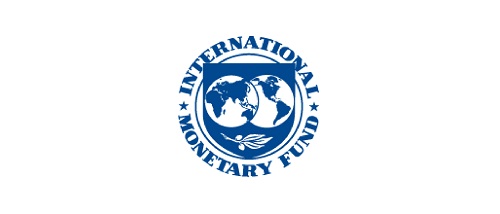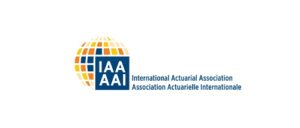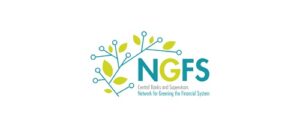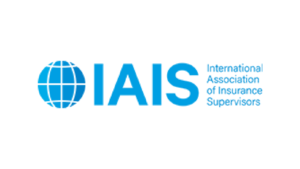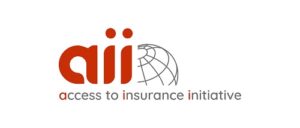The UNDP Sustainable Insurance Forum’s response to climate change, as COP26 convenes
As global leaders come together for COP26, the UNDP Sustainable Insurance Forum (SIF) is working hard to accelerate the urgent action required for the insurance sector and its supervisors and regulators to address the financial risks associated with climate change. The SIF’s continued efforts are aligned with the overarching aim of COP26 to secure actions to reach net zero global greenhouse gas emissions by mid-century and keep 1.5 degrees of warming within reach.
The SIF, as the global leadership group of insurance supervisors and regulators working together to strengthen understanding and responses to sustainability issues, is supporting action to respond to the financial risks of a changing climate:
- We are driving momentum among supervisors and regulators who are actively committing to working together on sustainability challenges facing the insurance sector.
- We are producing resources to support our members in building their own capacity to address climate-related risks and support an orderly transition to a net-zero economy.
- We are working together to address the financial risks arising from climate change and broader environmental and sustainability issues such as nature-related financial risks.
The SIF held its annual meeting on 11th October, where members and partners discussed the SIF’s work programme which supports the COP26 agenda. This work programme will focus on developing resources to assist supervisors in utilising stress testing and scenario analysis as tools to measure the potential impacts of climate change. It will also involve supporting members to implement disclosure regimes such as the Task Force on Climate-Related Financial Disclosures (TCFD) recommendations through guidance documents and workshops. As well as the SIF’s emphasis on building supervisory understanding of nature-related financial risks, it will also continue to support the actuarial profession as it works to improve the quantification of climate impacts on insurance companies and their methods of conducting business.
The upcoming activities build on the recent successful achievements of the SIF. These include the landmark Application Paper on the Supervision of Climate-related Risks in the Insurance Sector, published in partnership with the International Association of Insurance Supervisors (IAIS) in May 2021. The Paper provides insurance supervisors with concrete tools to further strengthen their efforts in assessing and addressing risks from climate change. It also sets out recommendations and examples of good practice consistent with the global insurance supervisory framework.
The SIF has incorporated its ongoing commitment to capacity building into its work programme. In line with this, the SIF has collaborated with the Bank for International Settlements (BIS), IAIS and Network for Greening the Financial System (NGFS) to launch the Climate Training Alliance (CTA), which aims to enhance the availability of training resources for authorities responding to climate risks. The SIF is also collaborating with its partners and members to develop training resources for CTA’s portal, launched today. These resources will not only be limited to covering climate-related financial risks but will also encompass nature-related financial risks.
The SIF recently began navigating the implications of broader environmental and sustainability issues. This includes the SIF Scoping Study: Nature-Related Risks in the Global Insurance Sector published on 2nd November 2021. This study marks a pioneering effort to explore and understand the global insurance sector’s dependence on nature, what nature-related financial risks could be, and whether and how such risks are financially material to the sector’s underwriting and investing business.
As part of this work programme, the SIF has published a report, Implementation of TCFD Recommendations by Insurance Supervisors and Regulators, during COP26, condensing the lessons from the current practices of SIF members in implementing TCFD recommendations in their own jurisdiction. This work recognises the importance of the TCFD recommendations and builds on the SIF’s earlier work including the SIF/IAIS Issues Paper on the Implementation of the Recommendations of the TCFD. As more jurisdictions are mandating climate risk disclosures in line with TCFD recommendations, and even more firms across the world adopt the recommendations voluntarily, supervisors can encourage strengthened disclosures through the application of existing supervisory tools.
In order to deliver its envisioned work programme, the SIF will continue to collaborate with its partners, the IAIS, Access to Insurance Initiative (A2ii), Financial Stability Institute (FSI) – BIS, International Actuarial Association (IAA), NGFS and UN Principles for Sustainable Insurance (PSI).
The statement can be downloaded here:
Disclaimer: This statement was developed by the SIF Secretariat, which is hosted by the United Nations Development Programme. The designations employed, findings, interpretations, conclusions, and the presentation of the material in this publication do not reflect the views of the United Nations Development Programme or any of the SIF members concerning the legal status of any country, territory, city or area or of its authorities, or concerning the delimitation of its frontiers or boundaries. Moreover, the views expressed do not necessarily represent the decision or the stated policy of the United Nations Development programme or any of the SIF members, nor does citing of trade names or commercial processes constitute an endorsement. UNDP and SIF are not responsible for the content of any third-party link contained in the material.
